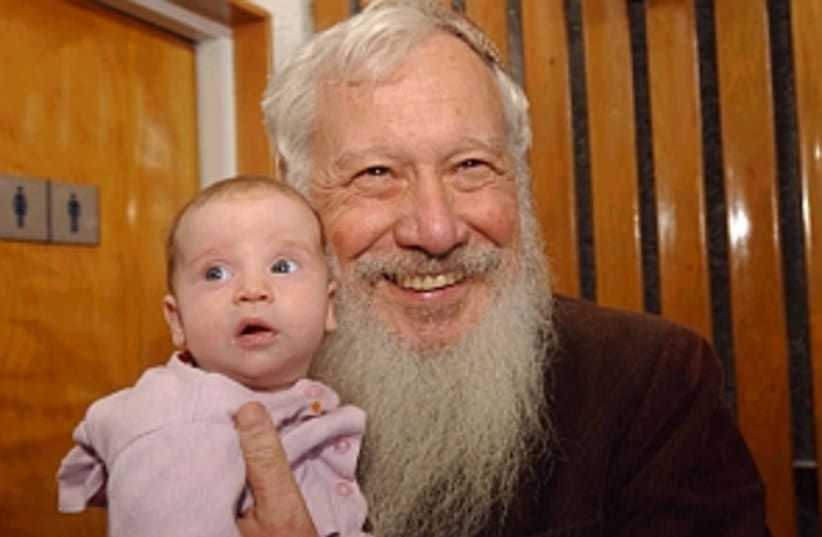| More about: | Robert Aumann, Massachusetts Institute of Technology, 1982 Lebanon War, Professors for a Strong Israel |
He's got game
An Orthodox Jew with right-wing politics, Robert Aumann is a controversial Nobel prize-winner.


| More about: | Robert Aumann, Massachusetts Institute of Technology, 1982 Lebanon War, Professors for a Strong Israel |